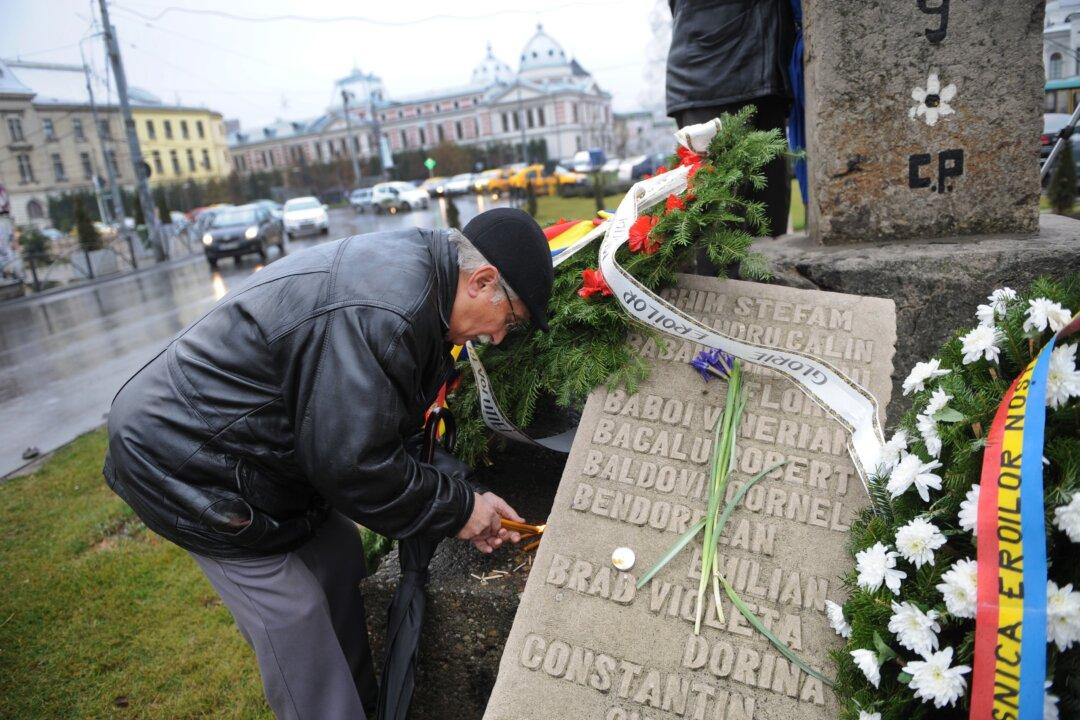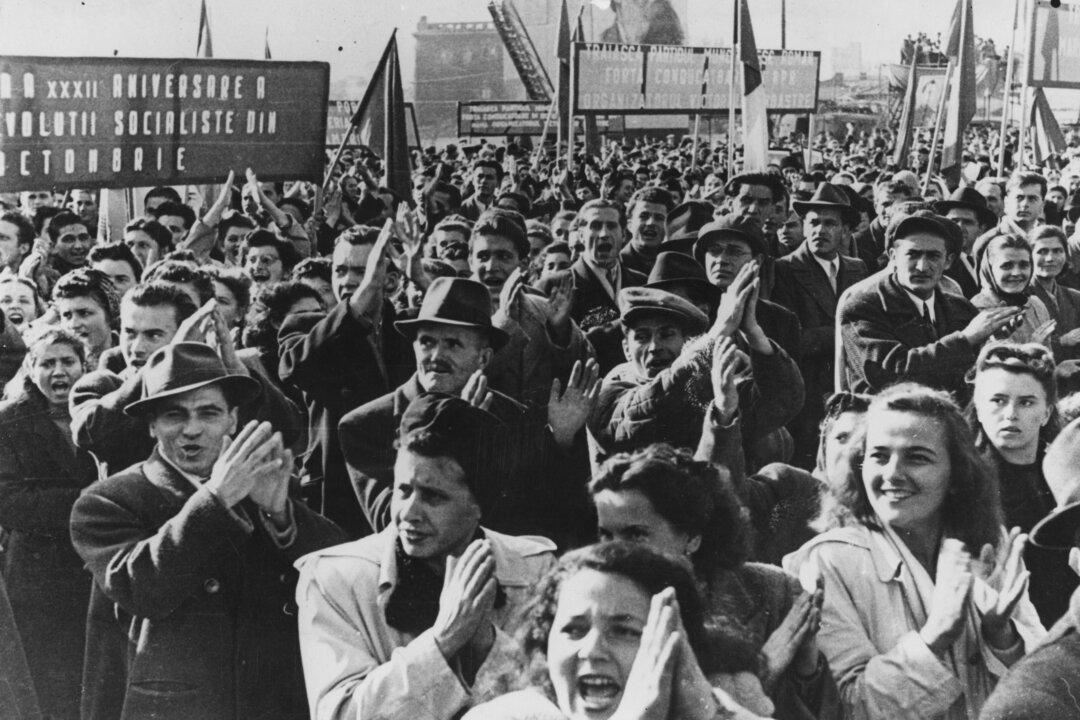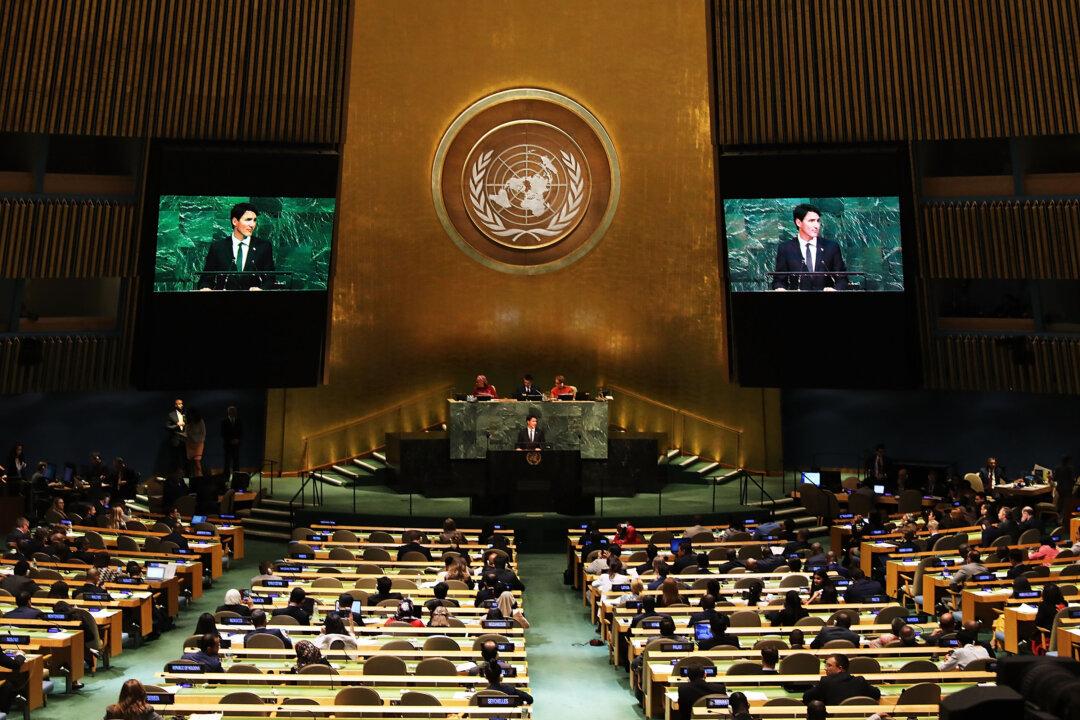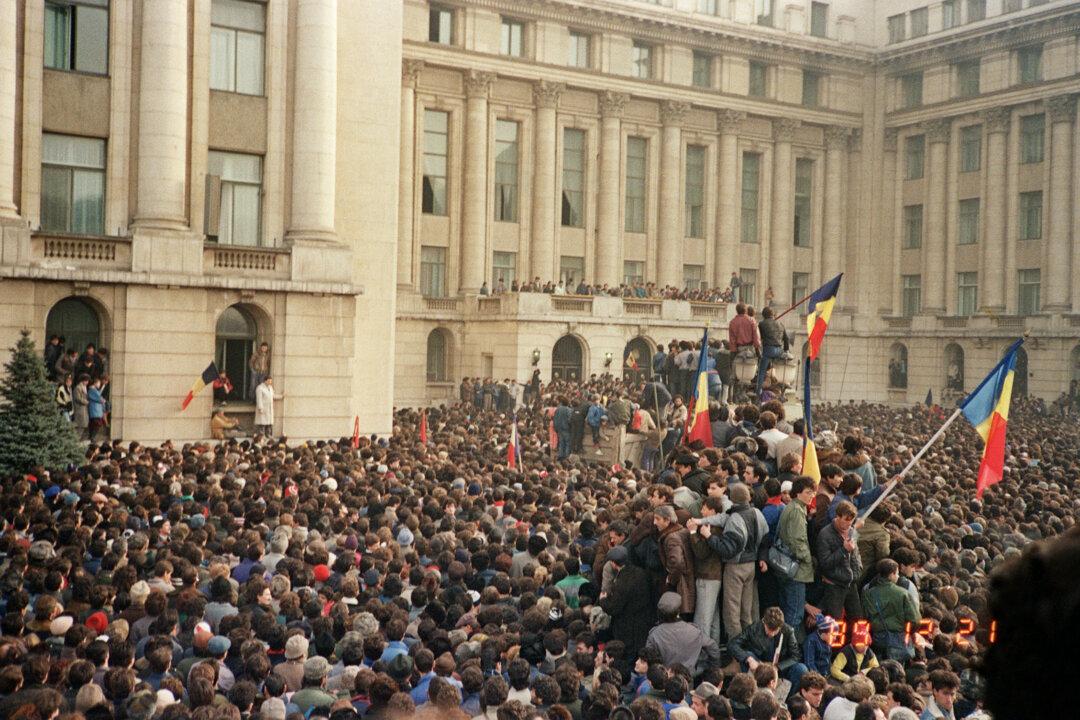I met Mircea Brenciu on a sunny morning in a park in downtown Brasov, where he was delivering a speech to a crowd gathered to commemorate young Romanians who were killed on that spot during the anti-communist revolution of December 1989. The victims were all buried in the park and a large cross remembered their sacrifice in the fight against communism.
Brenciu, a distinguished author hailing from a family of writers, directed me to the tomb dedicated to a hero who immolated himself in protest of Nicolae Ceausescu’s oppressive communist regime.



